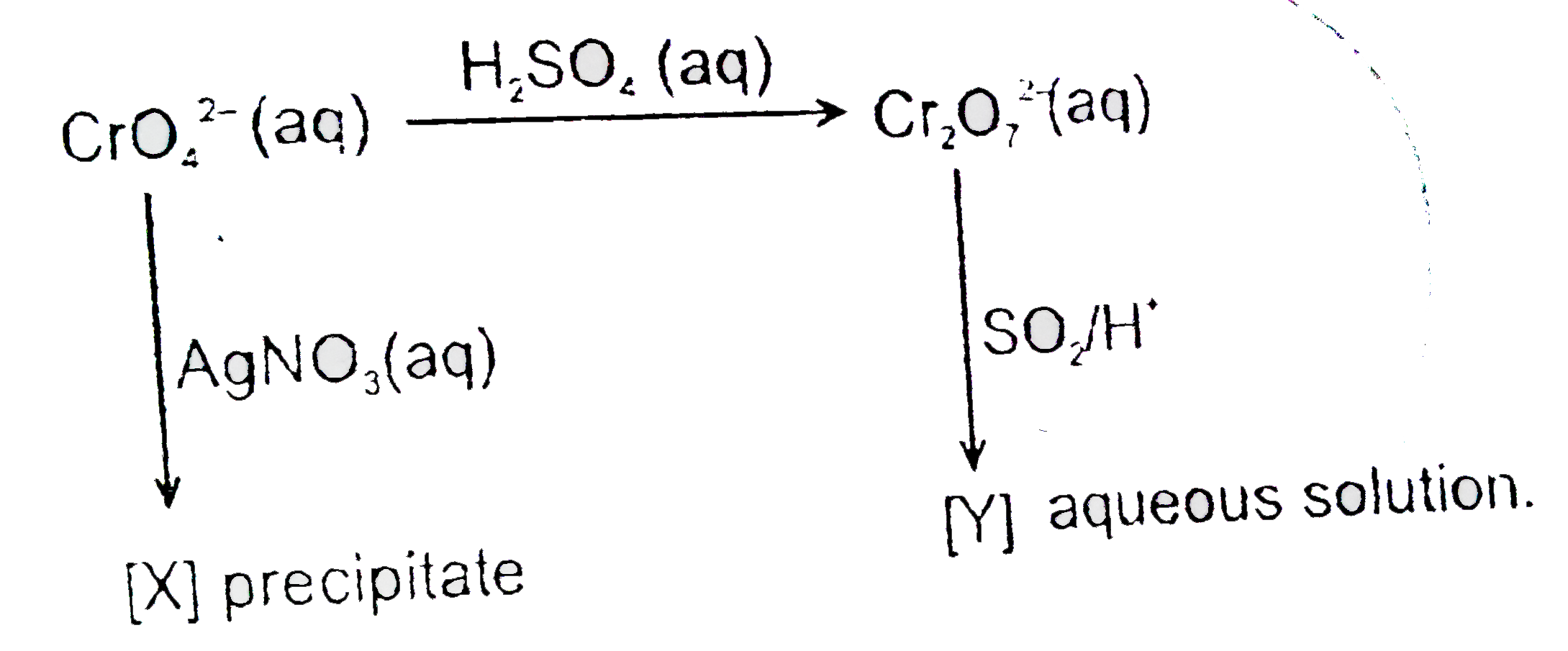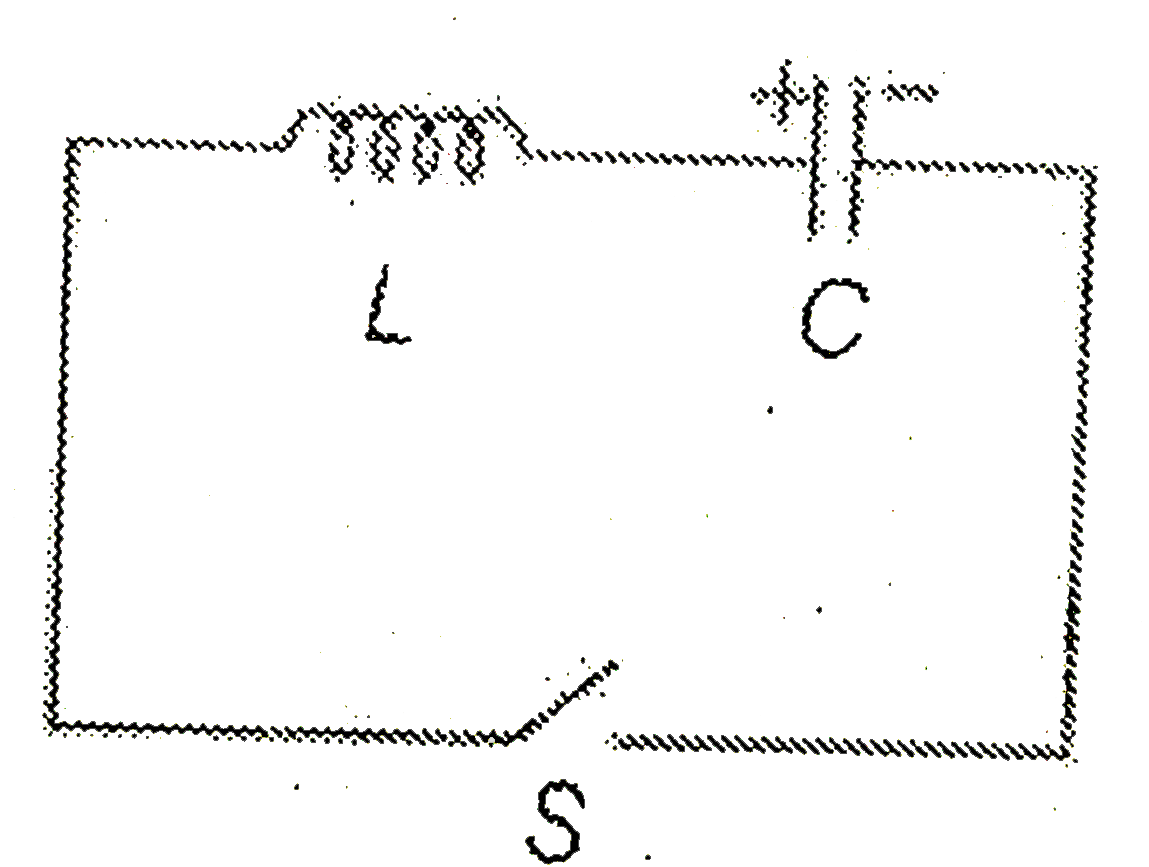Which of the following statements (s) are not correct?
A plot of logk versus 1/T is linear
A plot of logk versus 1/T is nonlinear.
A plot of logP versus 1/T is linear at constant volume.
A plot of P versus 1/V is linear at constant temperature.
The correct Answer is:B, C
To determine which statements are not correct, we will analyze each statement based on the principles of chemical kinetics and gas laws.
1. Statement A: A plot of log k versus 1/T is linear.
- According to the Arrhenius equation, k=Ae−EaRT, taking the logarithm gives us:
logk=logA−EaR⋅1T
- This is in the form of y=mx+c, where y=logk, x=1T, and the slope m=−EaR. Thus, this statement is correct.
2. Statement B: A plot of log k versus 1/T is nonlinear.
- Since we established that a plot of log k versus 1/T is linear (as shown in Statement A), this statement is incorrect.
3. Statement C: A plot of log p versus 1/T is linear at constant volume.
- From the ideal gas law, at constant volume:
PV=nRT⟹P=nRTV
- Rearranging gives P∝T. If we take logarithms:
logP=log(nRV)+logT
- This indicates a linear relationship between log P and log T, not log P versus 1T. Therefore, this statement is incorrect.
4. Statement D: A plot of P versus 1/V is linear at constant temperature.
- From the ideal gas law, we have:
PV=nRT⟹P=nRTV
- This indicates that P is inversely proportional to V. If we plot P versus 1V, it will yield a straight line through the origin. Thus, this statement is correct.
Conclusion:
The statements that are not correct are:
- Statement B: A plot of log k versus 1/T is nonlinear.
- Statement C: A plot of log p versus 1/T is linear at constant volume.
- According to the Arrhenius equation, k=Ae−EaRT, taking the logarithm gives us:
logk=logA−EaR⋅1T
- This is in the form of y=mx+c, where y=logk, x=1T, and the slope m=−EaR. Thus, this statement is correct.
- Since we established that a plot of log k versus 1/T is linear (as shown in Statement A), this statement is incorrect.
- From the ideal gas law, at constant volume:
PV=nRT⟹P=nRTV
- Rearranging gives P∝T. If we take logarithms:
logP=log(nRV)+logT
- This indicates a linear relationship between log P and log T, not log P versus 1T. Therefore, this statement is incorrect.
- From the ideal gas law, we have:
PV=nRT⟹P=nRTV
- This indicates that P is inversely proportional to V. If we plot P versus 1V, it will yield a straight line through the origin. Thus, this statement is correct.
The statements that are not correct are:
- Statement B: A plot of log k versus 1/T is nonlinear.
- Statement C: A plot of log p versus 1/T is linear at constant volume.
Topper's Solved these Questions
- CHEMICAL KINETICSBOOK - CENGAGE CHEMISTRY ENGLISHCHAPTER - CHEMICAL KINETICSEXERCISE - Exercises Single Correct
177 Videos
- CHEMICAL KINETICSBOOK - CENGAGE CHEMISTRY ENGLISHCHAPTER - CHEMICAL KINETICSEXERCISE - Exercises Assertion-Reasoning
22 Videos
- CHEMICAL KINETICSBOOK - CENGAGE CHEMISTRY ENGLISHCHAPTER - CHEMICAL KINETICSEXERCISE - Exercises Linked Comprehension
59 Videos
- CARBOXYLIC ACIDS AND THEIR DERIVATIVESBOOK - CENGAGE CHEMISTRY ENGLISHCHAPTER - CARBOXYLIC ACIDS AND THEIR DERIVATIVESEXERCISE - Exercises Archives (Analytical And Descriptive)
34 Videos
- COORDINATION COMPOUNDSBOOK - CENGAGE CHEMISTRY ENGLISHCHAPTER - COORDINATION COMPOUNDSEXERCISE - Archives Subjective
18 Videos
Similar Questions
Which of the following statement(s) is/are not correct?
View SolutionWhich of the following statement(s) is/are not correct.
View SolutionWhich of the following statement(s) is/are not correct?
View SolutionWhich of the following statement (s) is (are) not correct?
View SolutionConsider the reactions shown below:

Which of the following statement (s) is/are correct?
View SolutionA capacitor is charged to a potential of V0. It is connected with an inductor through a switch S. The switch is closed at time t=0. Which of the following statement(s) is/are correct?

View SolutionWhich of the following statements (s) is/are correct ?
View SolutionWhich of the following statements (s) is (are) correct?
View SolutionWhich of the following statement (s) are (are) correct?
View SolutionGiven a+b+c+d=0. Which of the following statements(s) is (are) correct?
View Solution
